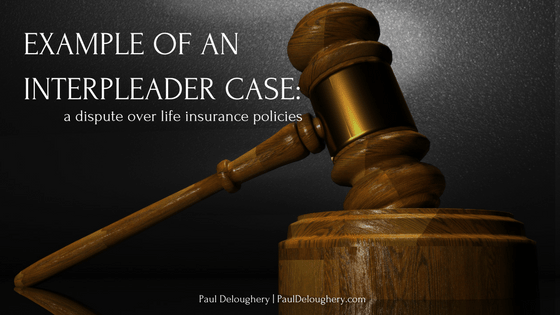The issue of trust is a biggie for me. I suspect it is for most people. That’s especially the case when it comes to your money, and who will be in charge if you get dementia or if you pass away.
(Don’t know what a “trust” is? You can read a short description here.)
In a typical case, you are the trustee of your own trust. As trustee, you oversee the money and assets in the trust. This is called a “revocable trust”, or a “living trust”. However, if you get dementia or get a head injury (for example) then you probably can no longer serve as trustee. At that point, someone else needs to come on board as the trustee. The question is … who should that person be.
As a probate attorney, I’ve seen lots of situations in which parents named an adult child as trustee, but that person turned out not to be responsible. Or perhaps that child was too busy with his/her career at the time to be able to serve. Then the next child in line became trustee. However, there was a reason that the parents named one child first and the other child second. The second child turned wasn’t good with money and business responsibilities (which are required for a good trustee).
So in the above example, you have an older person with dementia, and a trustee who doesn’t know what he or she is doing. Now what?
Well … a well-drafted trust document will have checks and balances, and ways of solving dilemmas like this. One increasingly common approach is to name a “Trust Protector” who can remove a trustee and appoint a new trustee. When I draft trust documents, I suggest to my clients to name me (or the then-managing attorney of my law firm) as the Trust Protector. Why? Because I’m familiar with my clients’ wishes and can ensure that those are carried out. But that can be a tough pill for some clients to swallow. After all, they may have just met me. And now I’m naming myself as having the ability to remove their beloved children as trustees and appoint a stranger as a trustee.
I’ve only just touched on the subject of who should be in charge of your money when you die or become incapacitated. Other issues include, who should serve as your agents under your financial power of attorney and health care power of attorney. And should you have joint owners on bank accounts. (And so on …)
Estate planning is complicated. And there are lots of ways that people can mess things up by trying to do it themselves. Generally, it’s a good reason for people to have a close professional relationship with their estate planning attorney. That way, issues like this can be talked out and solved. Just like they should probably work closely with an accountant and financial advisor. My suggestion is for people to meet with their estate planning attorney, accountant and financial advisor at least once per year. The meeting with the estate attorney may only last 30 minutes. But it’s a good way of confirming that there are no changes in the law, and that the documents are still valid. If you don’t want to meet with your estate attorney because you don’t like him or her, then that’s probably a good indication that you should look for a replacement.
I hope this short discussion has been helpful. If you have any questions, you can drop me a line at paul@magellanlawfirm.com or call me at 602–443–4888.
Paul Deloughery is an estate and probate litigation, and law insurance dispute consultant in Scottsdale, Arizona. Visit his website to read more of his blogs or follow him on Twitter!
Originally published at pauldeloughery.com on March 14, 2018.


